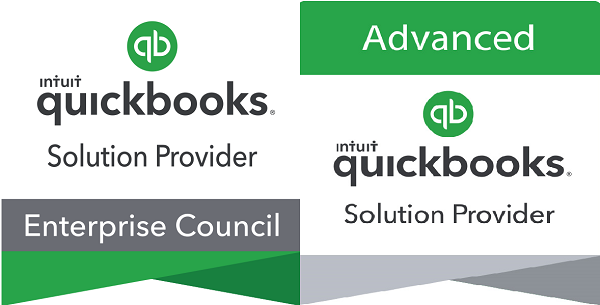This month I moved out of the office space I had rented for the last 8 years! In the last year I have worked from the office, hotel rooms, airport lounges, my kitchen table, and anywhere else with an internet connection when I had to get work done. I found that the only advantage to being in my office was multiple monitors! For efficiency over the years I have moved more services and data to the “cloud” and this has significantly reduced my costs and increased flexibility!
Remote Access Software – This service allows me to log in with clients to work remotely on their desktop for training and problem resolution.
Webinar Software – This software gives me the ability to present webinars to large groups of people regardless of location.
Voicemail – This online service sends me an e-mail with my messages included in a sound file and a transcribed conversation that I can read easily.
QuickBooks – This software lets me e-mail invoices and estimates and the merchant services link allows customers to pay their invoices online.
Office 365 – This subscription gives me full Microsoft functionality anywhere any place. I also store my files using the SharePoint which is included in the service and synchronize the files with my desktop and laptop so I have all my files with or without an internet connection.
Internet Fax Service – This service accepts my faxes and sends me an e-mail with an attached PDF of the fax.
These services and software also allow me to more responsive and flexible to client needs. They have also made my business more convenient for my clients.


